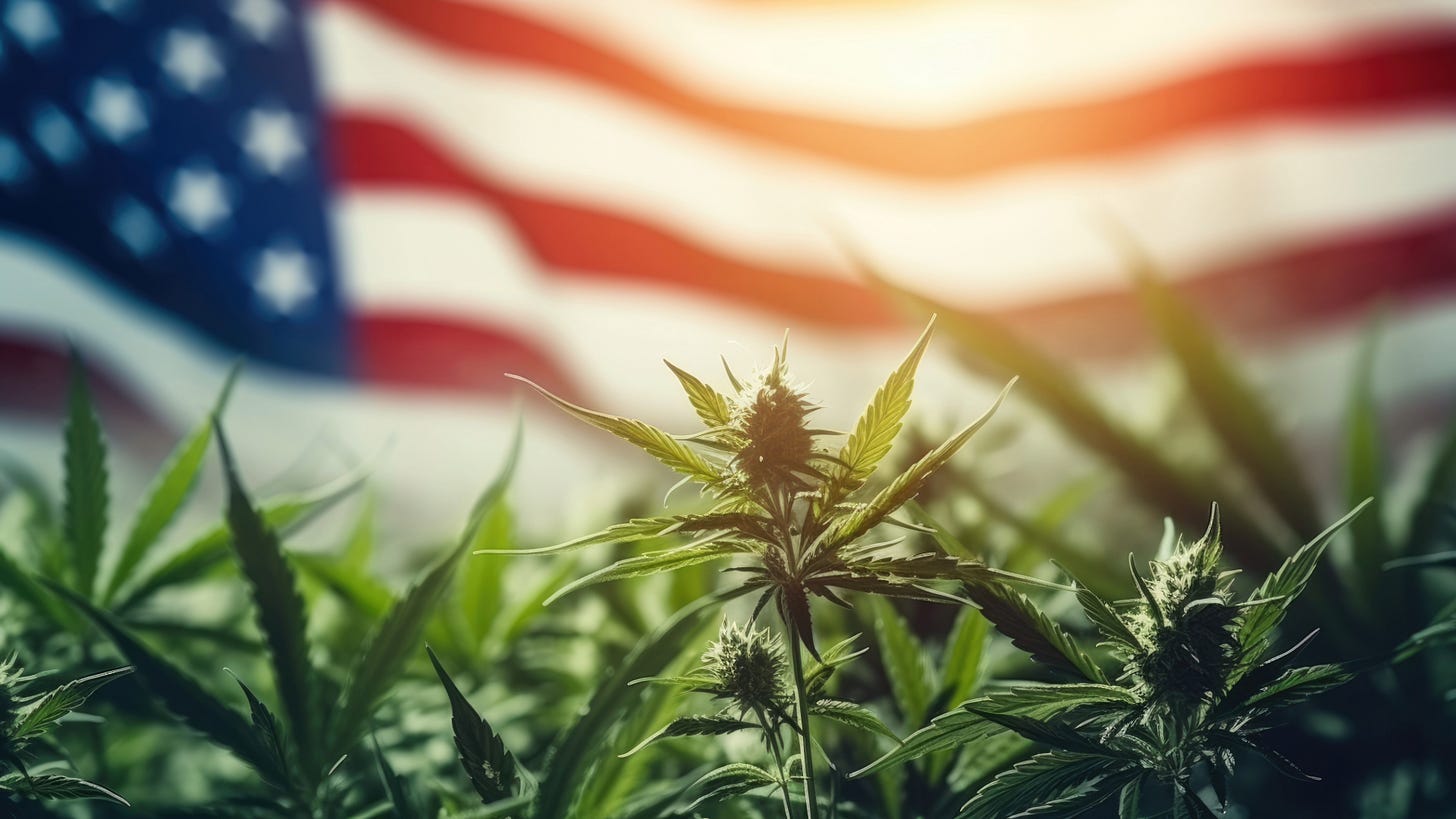Here's a wild concept: What if I told you that cannabis is already legal in all 50 states? What if I told you the federal government—yes, that federal government—actually did something right for once? And what if I told you that while everyone's been fighting over "loopholes" and parsing legal language, they've been missing the biggest opportunity in American drug policy history?
Welcome to the beautiful absurdity of the 2018 Farm Bill, where Congress accidentally became the most effective drug policy reformers since... well, ever.
The "Loophole" That Isn't
Let's start with the elephant in the room: everyone keeps calling it a "loophole." Wrong. Dead wrong. The Farm Bill's language isn't some accidental oversight by sleepy legislators—it's clear, deliberate, and legally sound. When Congress defined hemp as cannabis containing less than 0.3% Delta-9 THC on a dry weight basis, they weren't creating a loophole. They were creating a legal framework.
Here's what they actually did: They legalized the cannabis plant. Full stop.
The distinction between "marijuana" and "hemp" isn't botanical—there's only one plant, Cannabis sativa. The difference is entirely legal and, frankly, arbitrary. Whether you call it marijuana, hemp, or Thursday afternoon special, it's the same plant our grandparents were getting arrested for growing.
The Great American Cannabis Fumble
So what happened? The government handed us legal cannabis on a silver platter, and we collectively decided to throw it at each other instead of eating it.
Instead of embracing this unprecedented opportunity, the industry fragmented. States started their own patchwork of "medical" and "recreational" programs. Lawyers got rich arguing about THCa conversion rates. Regulators tied themselves in knots trying to distinguish between identical plants based on arbitrary chemical thresholds.
Meanwhile, the banking industry—never one to miss an opportunity to complicate things—continued treating cannabis businesses like radioactive money launderers, even when they were operating under explicit federal protection.
The North Carolina Advantage
This is where it gets interesting. While other states stumble around in regulatory confusion, North Carolina has the opportunity to show everyone how it's actually done.
We've got something most states can only dream of: a functioning regulatory framework that actually works with federal law instead of against it. Our hemp-compliant cannabis operations have access to banking, reasonable taxation, and the full spectrum of cannabinoids—including the high-CBD varieties that much of the country can't access.
Now, as North Carolina considers adding a medical program to complement our existing framework, we're looking at the possibility of having the most sensible cannabis laws in the nation. Imagine that: North Carolina leading the charge on progressive drug policy. The irony is delicious.
The Bottom Line
Here's the truth that everyone seems determined to ignore: Cannabis is legal. The federal government made it legal. They didn't sneak it past us or hide it in fine print—they put it right there in black and white.
The only "loophole" here is the one in our collective understanding of what actually happened in 2018. Congress didn't accidentally legalize weed—they deliberately chose to end decades of prohibition for a plant that has safer profiles than alcohol and tobacco.
So maybe it's time we stopped treating legal cannabis like some kind of regulatory accident and started treating it like what it actually is: a legitimate, federally compliant industry that employs thousands of Americans and generates millions in tax revenue.
The government did something right. Let's not screw it up.






Reminds me of a scroll: It was why I ever smoked in the first place. To cut the noise. To find the string. To return to attunement. https://www.thehiddenclinic.com/p/bushdoctor-remembering-the-frequency